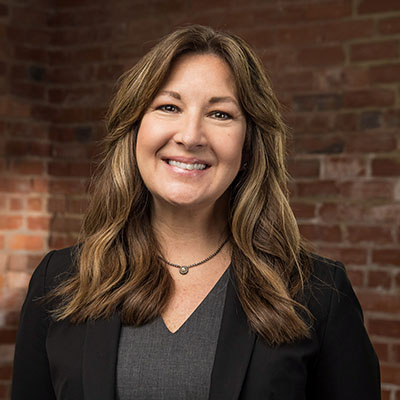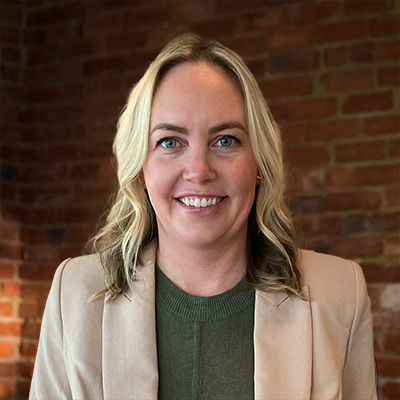One of the most common questions asked by a new client is: Should I use my own health insurance to pay my medical bills? The answer is always yes.

People who have been injured through no fault of their own are often confused about who gets the insurance check for medical bills. Why?
- Emergency room personnel or doctors treating injured people may ask for car insurance information if they know their patient was injured in an automobile accident.
- Injured people don’t think it’s fair that their health insurance should pay for harm caused by someone else.
Regardless of the source of the confusion, the answer is clear—always use your health insurance any time you receive accident-related medical treatment.
Why use your health insurance to pay accident-related medical bills?
Insurance companies do not pay car accident medical bills directly to the hospital or doctors—even when their insured driver is found to be responsible.
Car insurance companies pay only you, as the claimant, when and if there is a settlement.
Sometimes, this takes months—or even years. During this time, unpaid bills can go into collections and negatively affect your credit.
If your claim is ultimately denied or settlement is delayed beyond the time period your health insurance company allows for submitting bills, you may be responsible for paying the medical provider the entire amount owed.
Promptly submitting your bills to your health insurance company avoids this problem entirely.
Using health insurance to pay your medical bills maximizes the recovery you receive from the car insurance company after your claim is settled.
The amount you receive from the car insurance company will include the full amount of any accident-related bill you incur.
Despite the fact that you recover the full amount of the bill, health insurance companies receive huge discounts from medical providers. If you don’t use your health insurance, the full balance will be owed by you at the time of your settlement.
If your health insurance company has already paid their discounted rate, the benefit of that discount is passed along to you.
Even if your health insurance is entitled to be reimbursed from the proceeds of your settlement because you are in the military, disabled, or your plan requires “subrogation,” you still get the discounted rate.
When the health insurance company is reimbursed from your settlement, the amount paid to them is significantly less than the full amount of the medical bills. You have to reimburse your health insurance company for only a fraction of the full amount of the claimed bills.
For most Americans, health insurance can be a costly monthly expenditure. When you pay for the benefits of health coverage, you should receive the benefits of having that insurance—whenever you require medical care.
If you or someone you know is receiving accident-related medical treatment, make sure that your medical provider is promptly submitting all their bills to the health insurance company. It will always work out better in the end.
If you or a loved one have been injured through no fault of your own, you may be entitled to compensation. Call Allen & Allen today for a free consultation at 866-388-1307.




